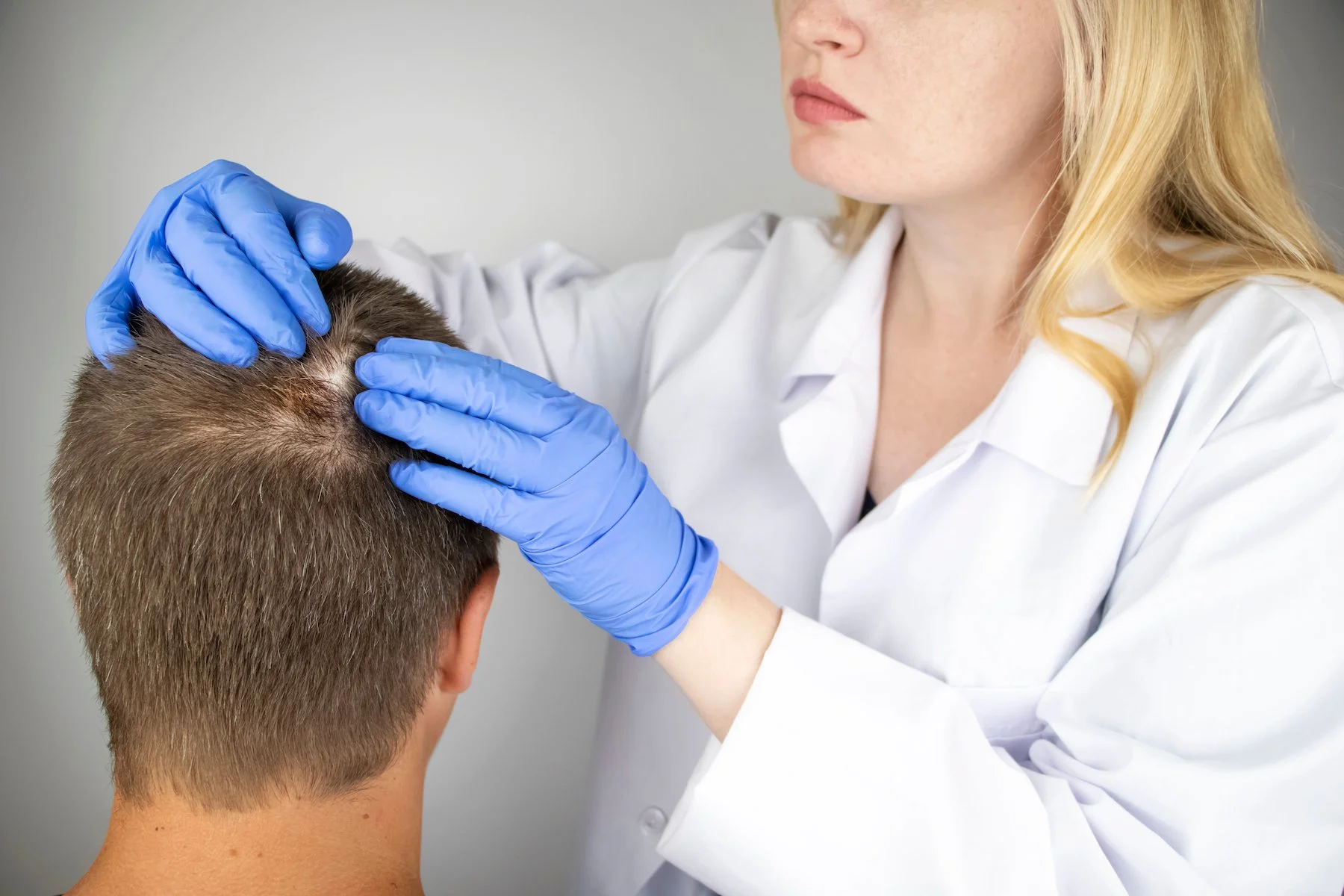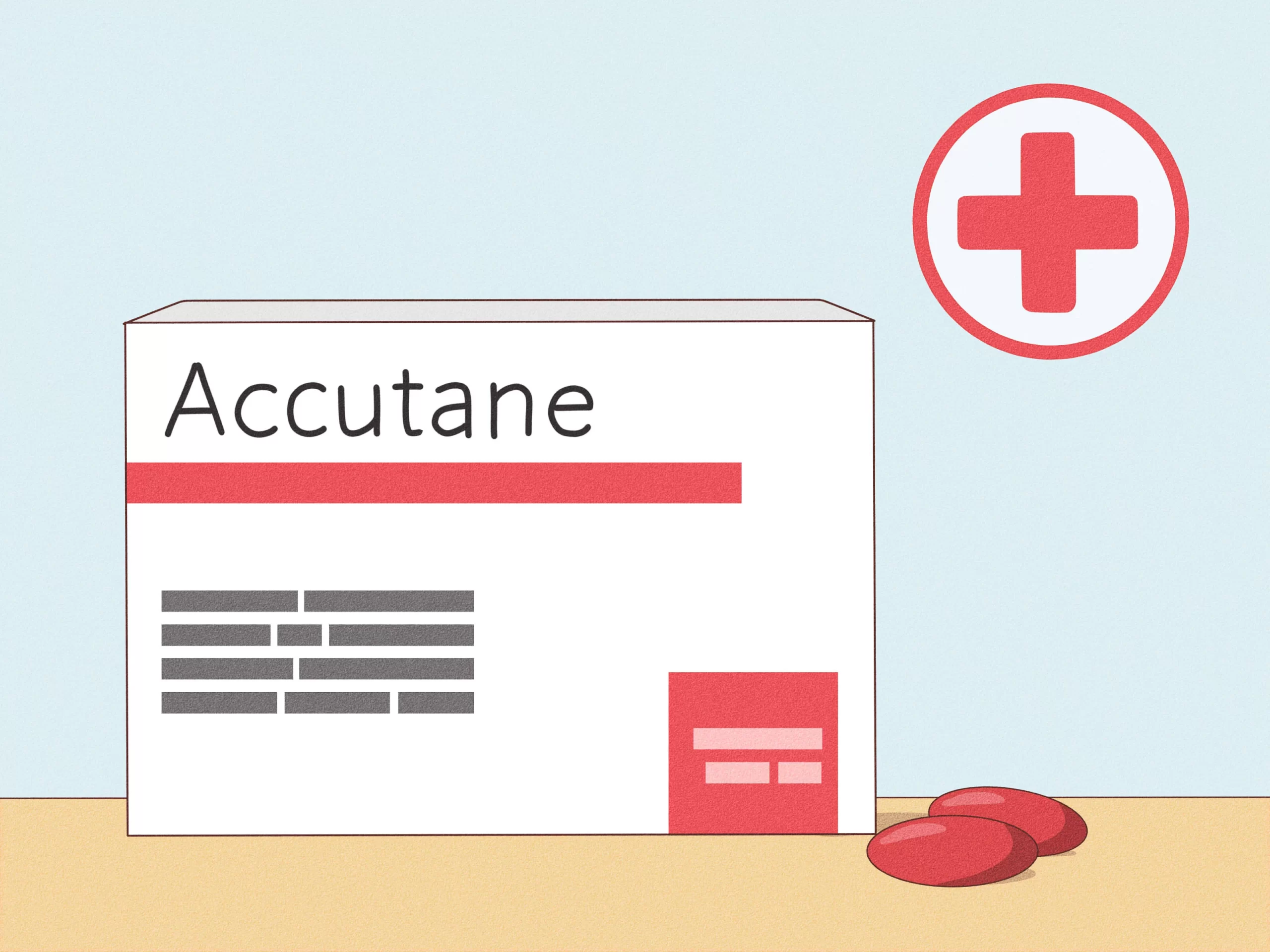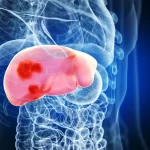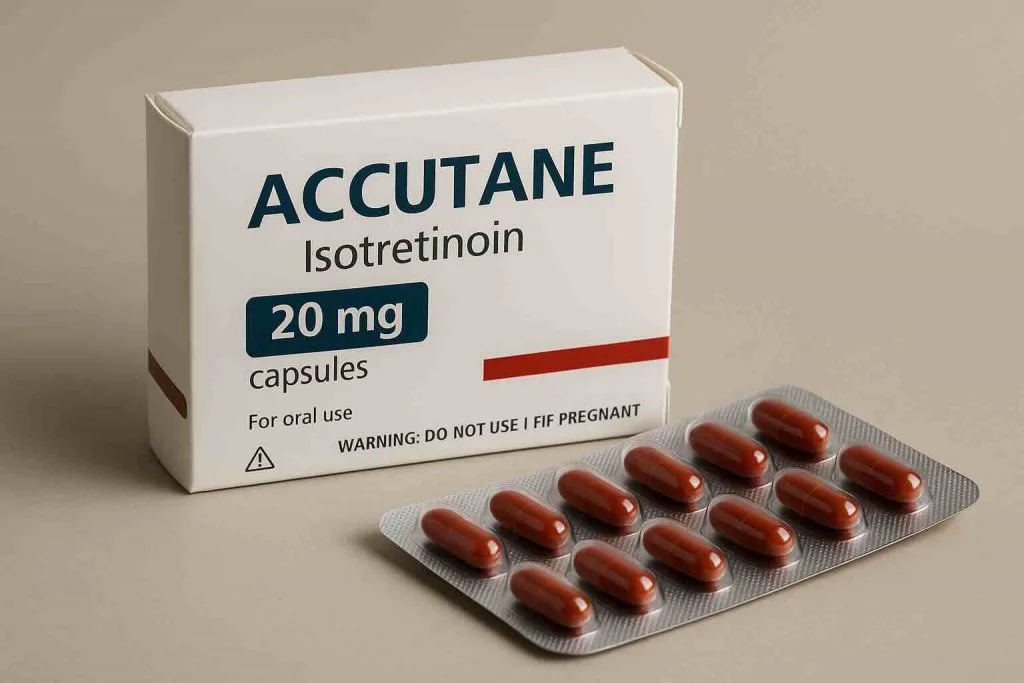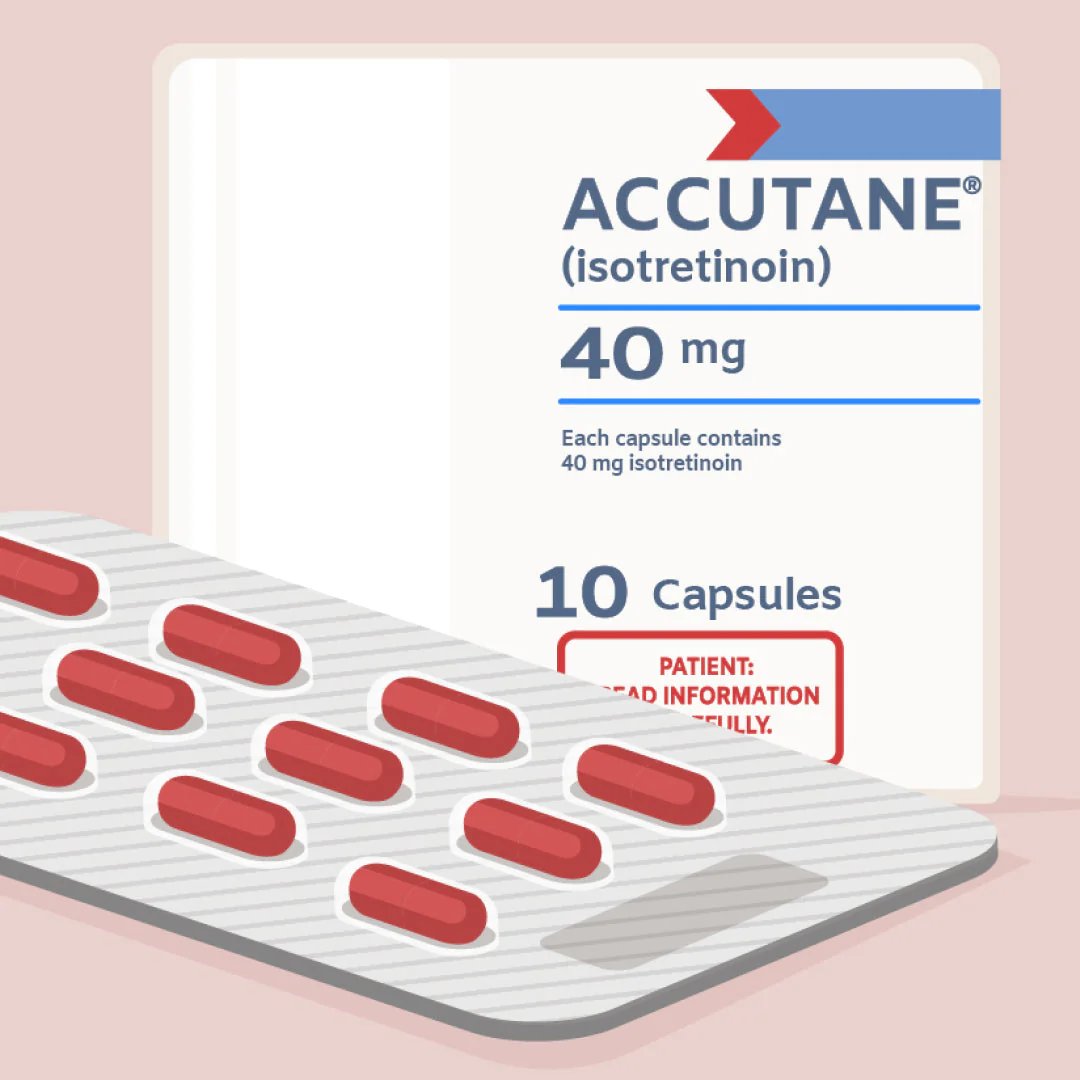If you’re worried about hair loss, it’s important to know the difference between a trichologist vs dermatologist. At DermOnDemand, our dermatologists are experts who offer fast, discreet care for many hair and scalp conditions. This guide will help you choose which specialist is right for your needs.
Key Takeaways
- Dermatologists are medical doctors trained to diagnose and treat hair loss conditions, while trichologists focus on non-medical hair and scalp care.
- A dermatologist can perform diagnostic tests like blood tests or scalp biopsies and offer a wide range of hair treatments, including prescription-grade solutions.
- Trichologists can provide advice on hair care routines and product use but cannot prescribe medication or treat medical conditions like alopecia areata.
- Choosing between a dermatologist and a trichologist depends on the severity of your hair concerns, with dermatologists being the best option for medical issues.
- At DermOnDemand, board-certified dermatologists provide fast, discreet online consultations and personalized treatment plans.
Trichologist or Dermatologist: Key Differences
What Is a Doctor for Hair Called?
A doctor who treats hair and scalp conditions is a dermatologist. They are medical doctors trained to handle issues affecting hair, skin, and nails. Trichologists are not doctors. They are hair and scalp specialists who give advice on hair care routines but cannot treat medical problems.
Are Trichologists Real Doctors?
No. The meaning of trichologist is someone who studies the hair and scalp and gives non-medical support. They often get certificates from groups like the World Trichology Society. But they can’t diagnose conditions like alopecia areata or seborrheic dermatitis, prescribe medicine, or perform tests.
Training, Expertise, and Scope of Practice Compared
Dermatologists spend years in medical training. This includes medical school, a residency program, and board certification. Their medical training for dermatologists prepares them to diagnose complex conditions such as telogen effluvium or androgenetic alopecia.
They can also offer a wide range of hair treatments, like prescription drugs, topical solutions, and advanced procedures. Trichologists may check your scalp and suggest hair care products, but they cannot do medical treatments.
When to See a Dermatologist or Trichologist
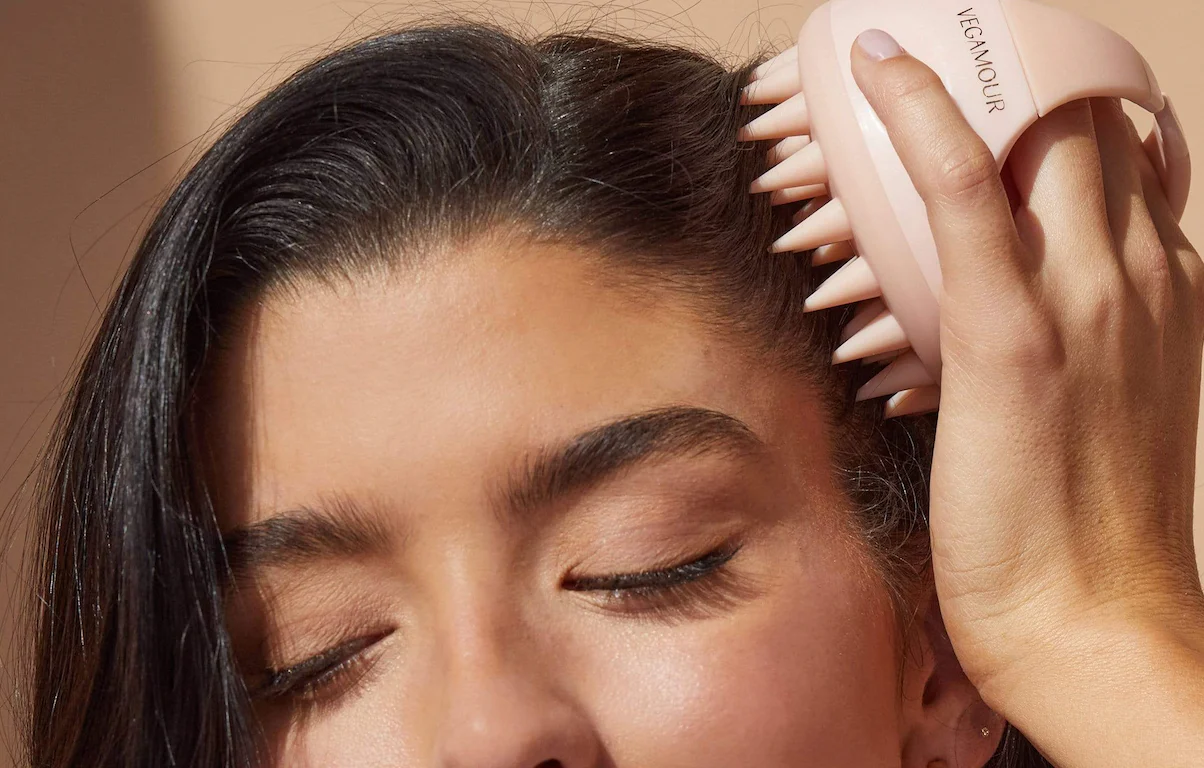
Conditions They Treat: Hair Loss, Alopecia, and Dandruff
Dermatologists are the best choice for medical conditions affecting hair. They take a medical history for hair loss diagnosis and use tests like dermoscopy, scalp biopsies, or even a blood test for hair loss. These steps help find problems like androgenetic alopecia, telogen effluvium, and seborrheic dermatitis.
Trichologists are more focused on cosmetic concerns. They can assess your scalp and offer tips for better hair care routines, but they are not able to perform medical tests or treat serious conditions.
Can a Dermatologist Treat Hair Loss?
Yes. DermOnDemand specialize in diagnosing and treating hair loss effectively. They can create a plan that uses a wide range of hair treatments tailored to your needs. This approach helps address the root cause and avoids side effects of hair treatments.
Choosing the Right Specialist for Alopecia or Dandruff
Here’s a simple guide to help you choose:
See a Dermatologist if:
- You have bald spots or severe hair thinning.
- You notice scalp redness, itching, or pain.
- You need treatment for alopecia areata or psoriasis.
See a Trichologist if:
- You want advice on hair care products or styling.
- You have mild scalp dryness or non-medical concerns.
- You’re looking for tips on keeping your hair healthy.
Evaluating Trichologists: Pros and Cons
What Trichologists Can and Can’t Do
Trichologists can help with non-medical advice. They can check your hair care routine and suggest changes to support healthy hair. But they cannot perform tests, prescribe medicine, or treat serious hair and scalp conditions.
Why Dermatologists Are Often the Better Choice
Dermatologists provide medical care and use advanced tools to find and treat the cause of hair loss. At DermOnDemand, patients receive discreet care and get treatment plans quickly—often within 24 hours. There’s no need for video calls or waiting rooms.
How to Choose a Hair Loss Specialist
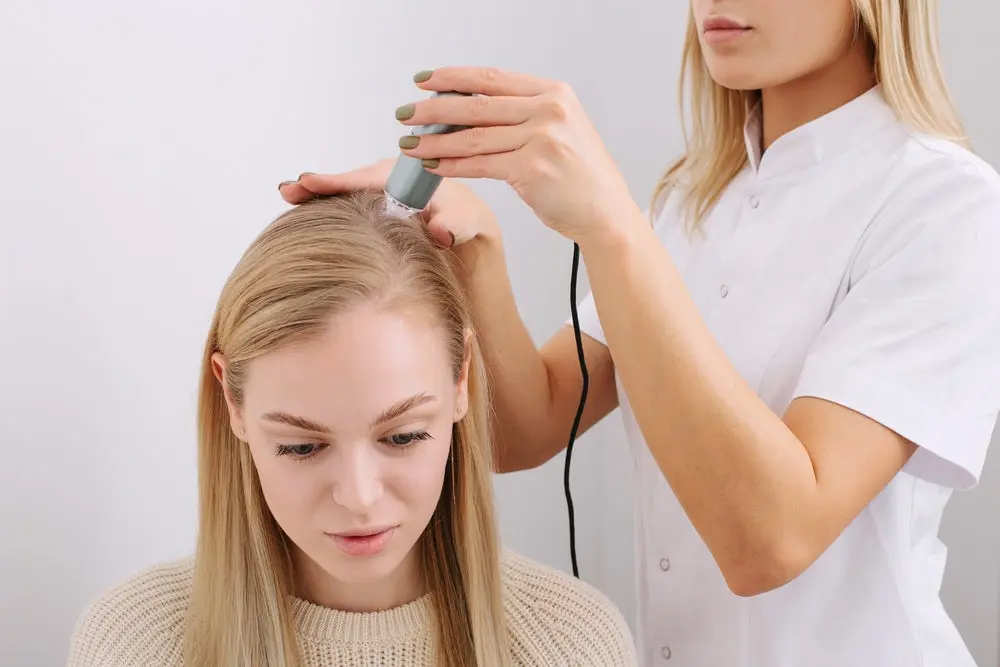
Questions to Ask Before Booking
- Is the specialist board-certified in dermatology?
- Do they offer tests and medical treatment options for hair loss?
- Can they handle both mild and serious hair and scalp conditions?
The Importance of Board Certification and Online Options
Board certification means your dermatologist has advanced training and experience. DermOnDemand makes it even easier by offering online consultations, so you can get expert care quickly and privately.
What to Expect During a Dermatology Consultation
When you book a consultation with a dermatologist, you can expect a structured approach to diagnosing your hair loss. The process often includes:
- Medical History Review: Your dermatologist will ask about your health, family history of hair loss, and any medications you’re taking.
- Scalp Examination: They may use dermoscopy to examine your scalp and hair follicles.
- Diagnostic Tests: In some cases, they may recommend a blood test for hair loss or a scalp biopsy to check for underlying conditions.
- Personalized Treatment Plan: Based on findings, they’ll offer a plan which may include prescription medications, topical treatments, or lifestyle changes.
This step-by-step approach ensures that treatment addresses both the symptoms and root causes.
Preventive Care and Lifestyle Tips for Healthier Hair
While medical treatment is essential for many hair loss conditions, maintaining a healthy lifestyle can support better results. Here are some practical tips:
- Balanced Diet: Eating foods rich in iron, zinc, and vitamins helps support hair growth.
- Stress Management: Practices like yoga and meditation can help reduce hair shedding linked to stress.
- Gentle Hair Care: Avoid tight hairstyles and harsh products that can damage follicles.
- Regular Checkups: Early diagnosis leads to better outcomes, so consult a dermatologist at the first sign of hair thinning.
These steps won’t replace medical care but can complement professional treatment.
FAQs About Hair Loss Specialists
Is a Trichologist a Doctor or a Specialist?
A trichologist is a specialist in hair and scalp care, but is not a medical doctor. They can’t diagnose or treat medical issues.
Should I See a Dermatologist or Trichologist for Hair Loss?
See a dermatologist for medical problems, scalp inflammation, or severe hair thinning. A trichologist may help with mild issues or cosmetic advice.
How Do I Find a Dermatologist Specializing in Hair Loss?
Look for board-certified dermatologists at DermOnDemand for expert care and personalized treatment plans.


